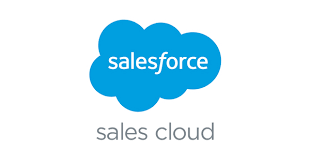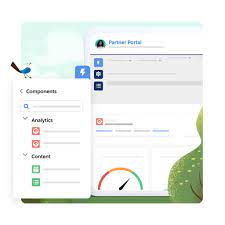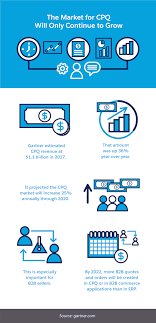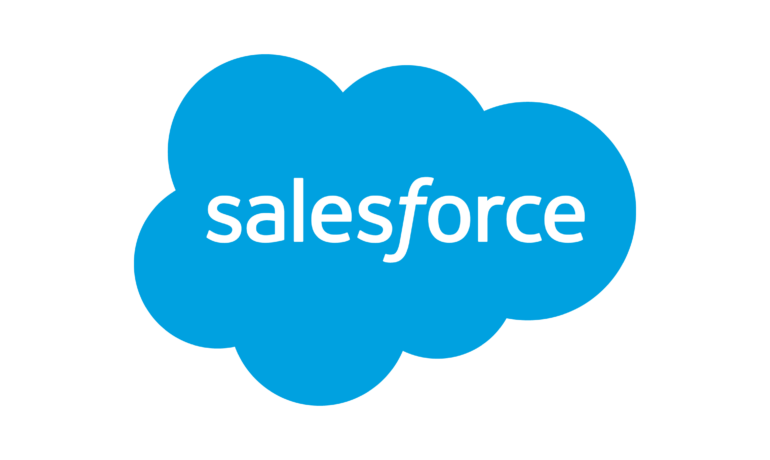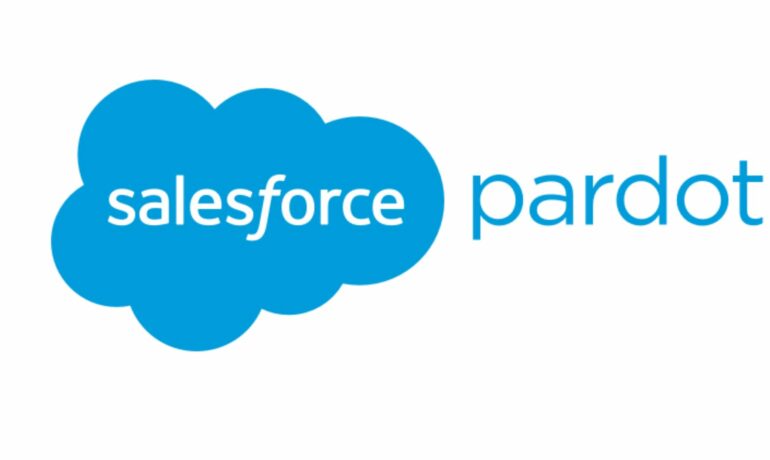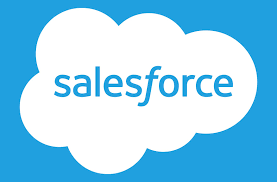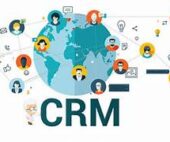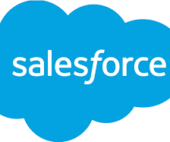Planning for Einstein Sales Cloud
Salesforce Sales Cloud is a powerful catalyst for your organization’s business expansion, representing a significant investment in the growth of your enterprise. By incorporating Sales Cloud Einstein with your Sales Cloud instance, along with your sales and marketing teams, can operate at an enhanced level of efficiency. The key to success lies in meticulous planning for the implementation of Sales Cloud Einstein. The enormous potential of the Einstein Platform is a potential gamechanger. Launched in 2016, during the Dreamforce conference, Einstein is a solution that combines AI, CRM data, and processes assisted with analytical techniques. It optimizes the capabilities of the entire Salesforce platform. By offering multiple functions and tools based on machine learning and deep learning in order to make processes more intelligent. Planning for Einstein Sales Cloud shortens your time to success. In the pre-enablement phase, a comprehensive understanding of your business challenges and priorities is imperative. Armed with this knowledge, you can identify the specific Sales Cloud Einstein features that align with your organizational goals. Ensuring alignment across your teams facilitates the measurement of success throughout the implementation process. Identifying challenges within the organization, such as data overload, time constraints, vague processes, and difficulty in recognizing opportunities at risk, sets the stage for a strategic implementation. Beginning with a small, diverse group of users allows you to test and fine-tune the selected Sales Cloud Einstein features. A Partner for Planning for Einstein Sales Cloud Leverage Salesforce or your implementation partner’s tools to ensure the richness, utility, and cleanliness of your CRM data. Transitioning into the enablement stage involves setting up Sales Cloud Einstein in your sandbox org, activating chosen features, and testing compatibility with existing architecture, workflows, and Lightning components. Effective communication with users is crucial during this stage, outlining the goals and features of Sales Cloud Einstein. Providing SMART goals—specific, measurable, achievable, relevant, and time-bound—facilitates the measurement of implementation success. Key performance indicators may include lead conversion rate increases, closed-won rate increases, opportunity pipeline growth, or reduced time to close opportunities. As you prepare to go live in your Salesforce org, assign Sales Cloud Einstein licenses to a diverse user group, including power users, a pilot group, and representatives from various departments. A successful post-enablement stage involves gathering feedback from users, measuring return on investment (ROI), and expanding user groups. Essential stages for a successful Sales Cloud Einstein implementation encompass: Planning for Sales Cloud Einstein Plan your Sales Cloud Einstein rollout in three stages: pre-enablement, enablement, and post-enablement. For those without an implementation partner, Salesforce’s setup guide offers a step-by-step walkthrough of the above stages. Like1 Related Posts Salesforce OEM AppExchange Expanding its reach beyond CRM, Salesforce.com has launched a new service called AppExchange OEM Edition, aimed at non-CRM service providers. Read more The Salesforce Story In Marc Benioff’s own words How did salesforce.com grow from a start up in a rented apartment into the world’s Read more Salesforce Jigsaw Salesforce.com, a prominent figure in cloud computing, has finalized a deal to acquire Jigsaw, a wiki-style business contact database, for Read more Health Cloud Brings Healthcare Transformation Following swiftly after last week’s successful launch of Financial Services Cloud, Salesforce has announced the second installment in its series Read more

